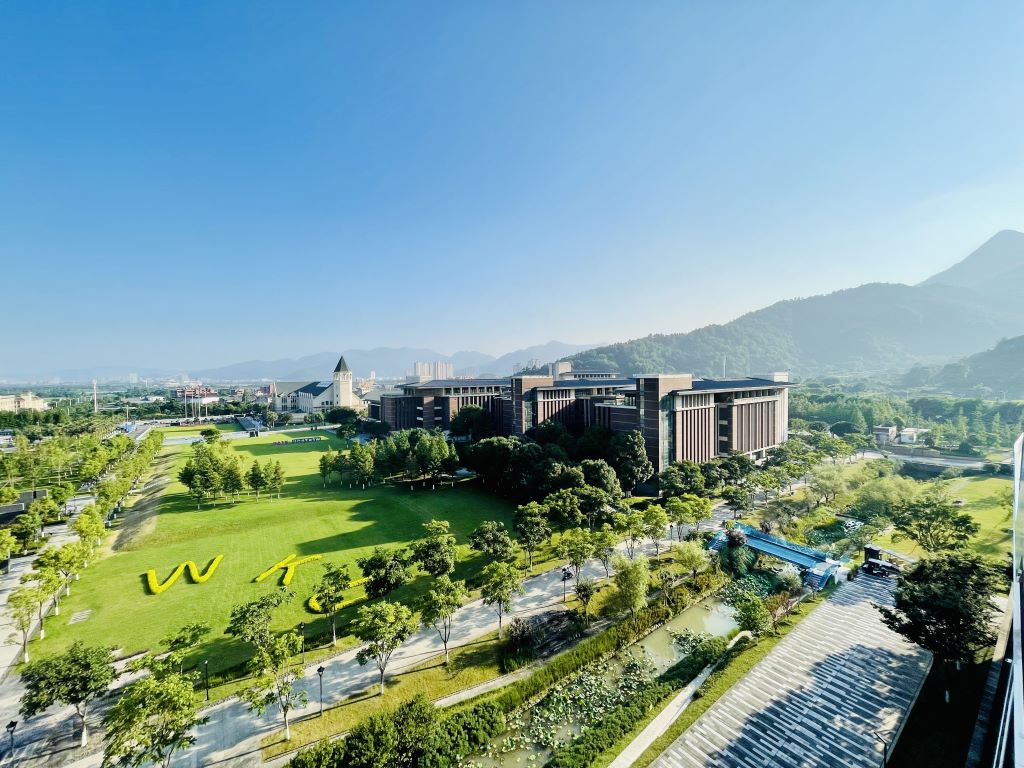
About
Sustainability
In 1987, the United Nations Brundtland Commission defined sustainability as “meeting the needs of the present without compromising the ability of future generations to meet their own needs.”
Sustainable Development Goals
The Sustainable Development Goals are the blueprint to achieve a better and more sustainable future for all. They address the global challenges we face, including those related to poverty, inequality, climate change, environmental degradation, peace and justice. The 17 Goals are all interconnected, and in order to leave no one behind, it is important that we achieve them all by 2030. Click on any specific Goal below to learn more about each issue and take action.
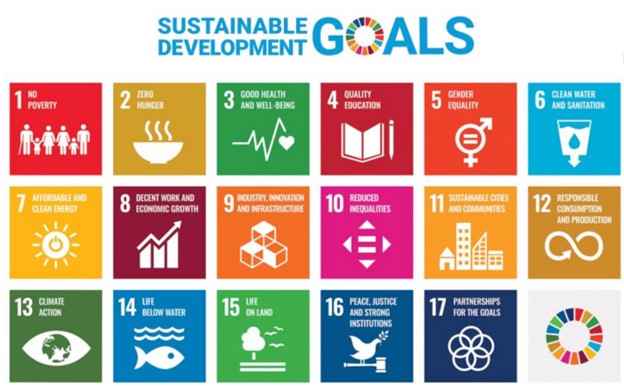
Higher Education Institutions & SDG
Higher Education Institutions (HEIs) are uniquely positioned to be at the forefront of promoting Sustainable Development Goals (SDGs) and serve as a benchmark for other sectors of the economy. HEIs can also contribute to the discussions on the SDGs in society.
HEIs, by virtue of their role in educating and training decision-makers, are pivotal in constructing more sustainable societies and creating new paradigms. As educational institutions, they are tasked with promoting development through research and teaching, disseminating new knowledge and insight to their students and building their capabilities. Education for sustainable development aims to equip everyone with the values, competencies, skills, and knowledge necessary to contribute to building a more sustainable society. This necessitates a revision of teaching content to address global and local challenges, and the promotion of teaching methods that foster skills such as interdisciplinary thinking, integrated planning, understanding complexity, cooperation in decision-making processes, and participation in local, national, and global processes towards sustainable development.
- United Nations
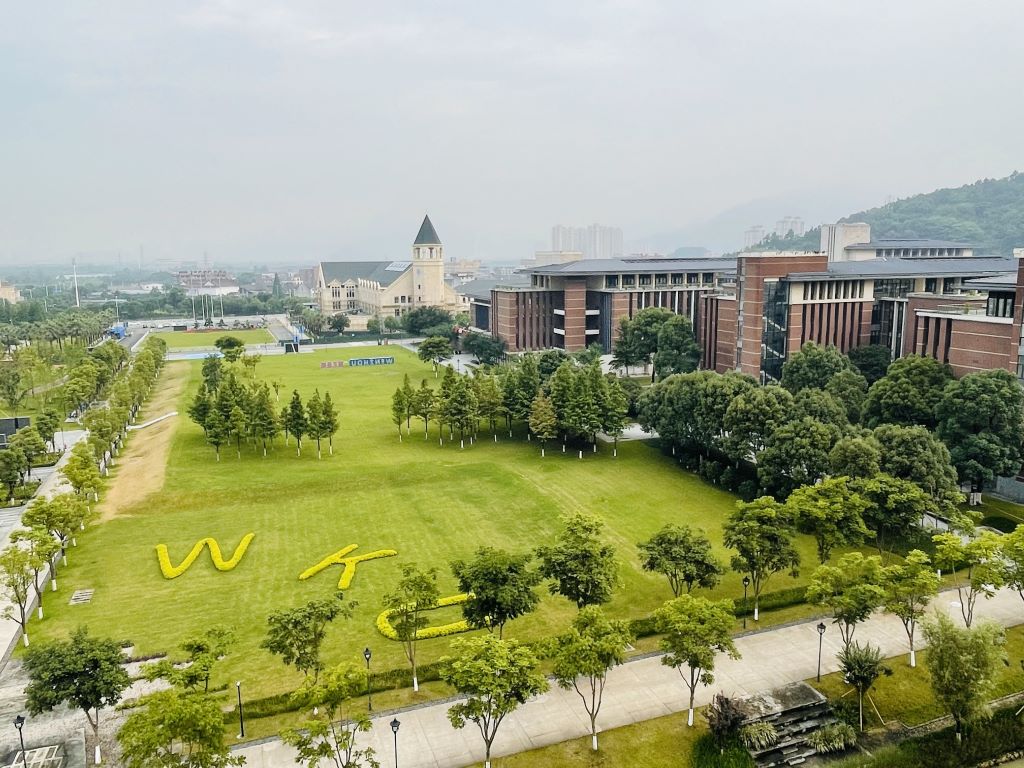
About Our Sustainability
Wenzhou-Kean University was established with the core goal of building a sustainable development university system. It actively implements measures such as creating a green campus, promoting green education, developing green technology, and providing social services. Integrating Chinese and Western cultures to create a world-class sustainable green campus. As a pioneer in Sino-foreign cooperative education in higher education, Wenzhou-Kean University’s achievements are reflected in teaching outcomes and campus construction.
WKU Sustainable Development Mission

In 2021, Wenzhou-Kean University released the "Declaration of Sustainable Development,” announcing its commitment to integrating the concept of sustainable development into various aspects of school operation, the work of various departments at all levels, and the awareness and behavior of all faculty, students, and staff. Efforts will be made to create a campus that harmoniously coexists with nature, is healthy and comfortable, is green and low-carbon, has sustainable development, and enhances the university's sustainable development capabilities, contributing to socially sustainable development.
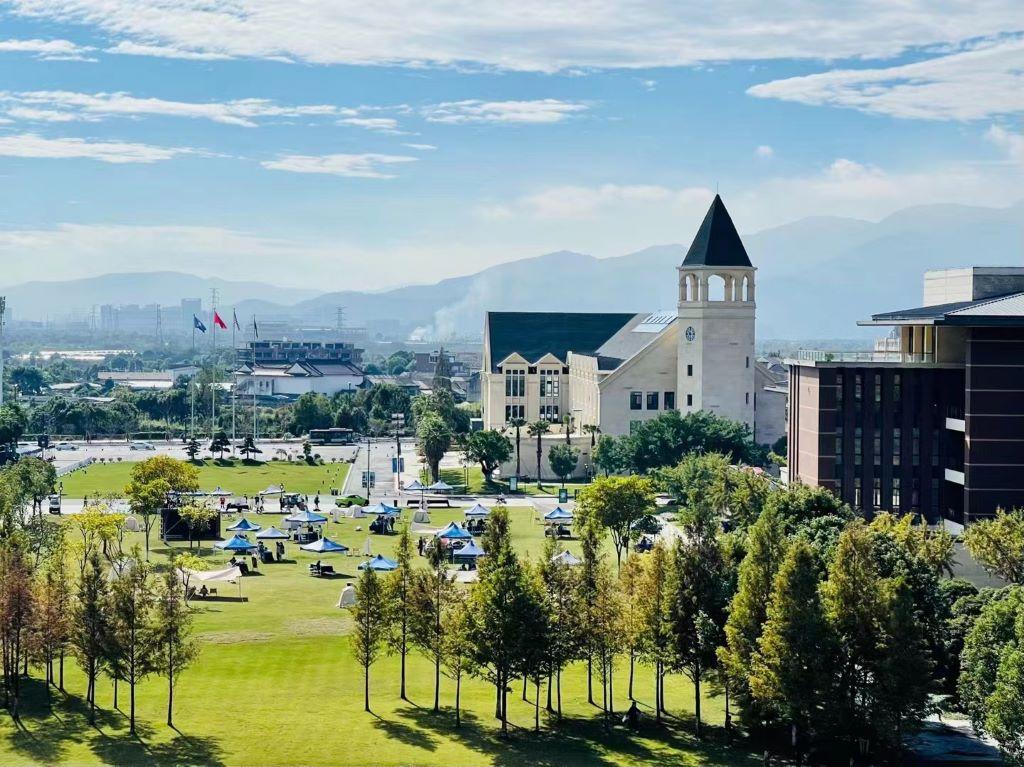
WKU Green Campus Core Values

Wenzhou-Kean University has further established the core value of green campus as:
1) Promoting low-carbon and sustainable development of campus construction and operation;
2) Creating a campus culture that embodies ecological civilization;
3) Fulfilling the social responsibility of promoting sustainable development;
4) Contributing to the sustainable development of society through research, innovation, and talent cultivation.
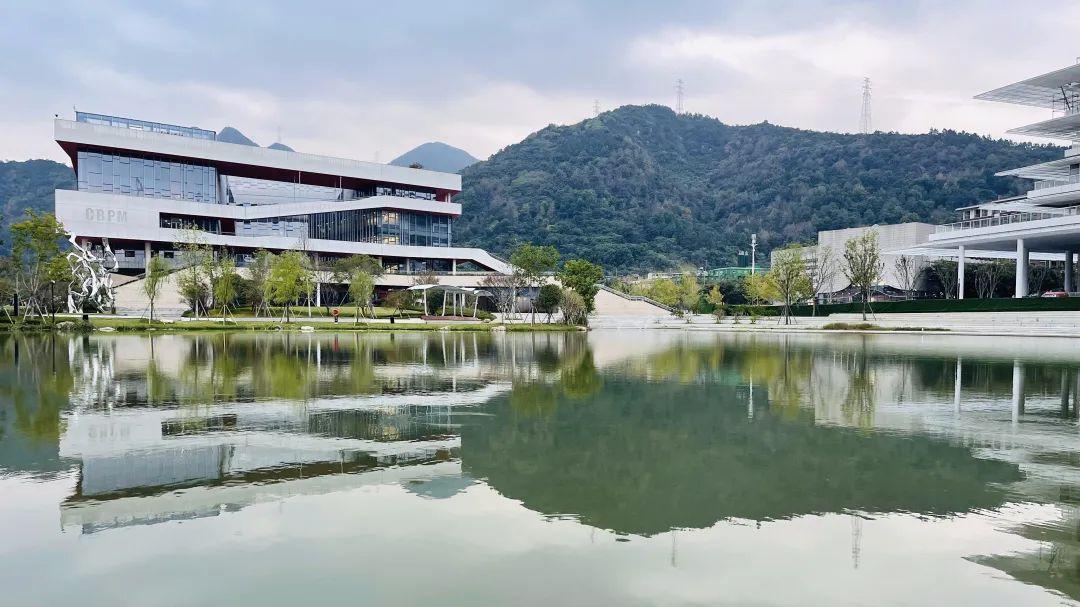
WKU Carbon Neutrality Initiatives

WKU carbon neutrality initiative and sustainable commitments:
1) WKU integrates the concept of green and sustainable development throughout the university campus, responds to the United Nations' sustainable development goals and China's carbon neutrality goals, and implements the campus carbon neutrality action plan.
2) In the planning, construction, and operation management of the campus, efforts are made to achieve clean and low-carbon utilization of energy and improve energy resource utilization efficiency so as to play a leading role in achieving carbon neutrality in society by 2050.
3) Actively create a green culture on campus, advocate a low-carbon lifestyle, and promote a green trend.
4) Actively carry out low-carbon popular science education and technological innovation activities and create a situation where everyone participates in creating a green campus.
5) Actively engage in international cooperation and exchange activities for carbon neutrality and promote China's green development.
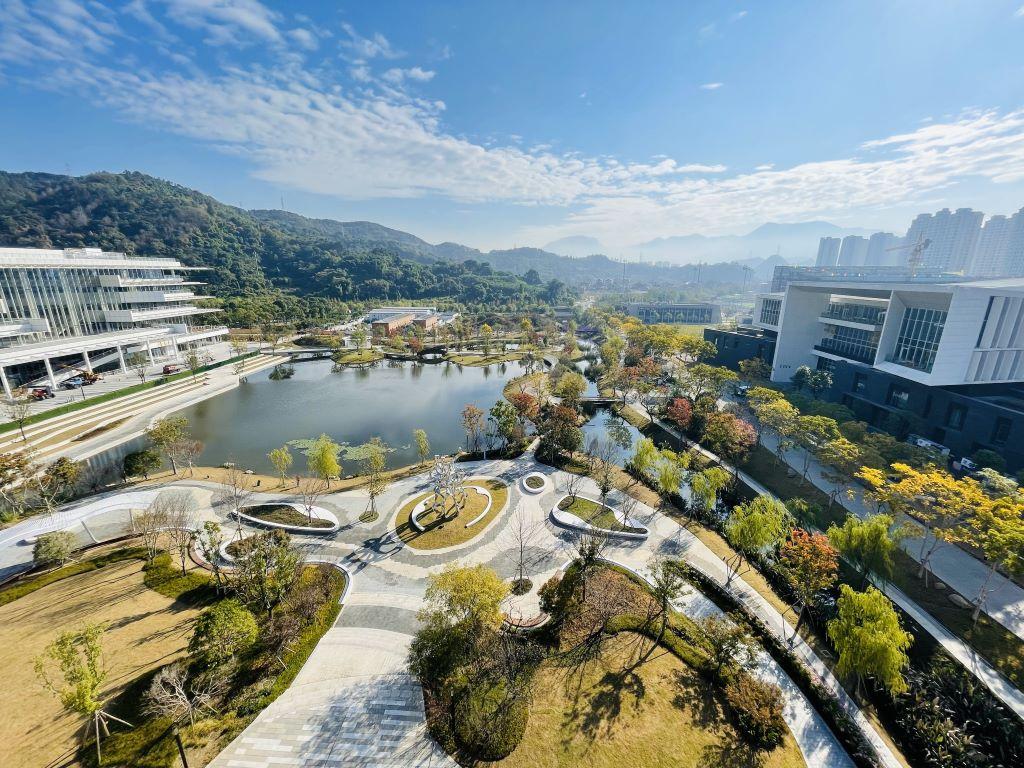
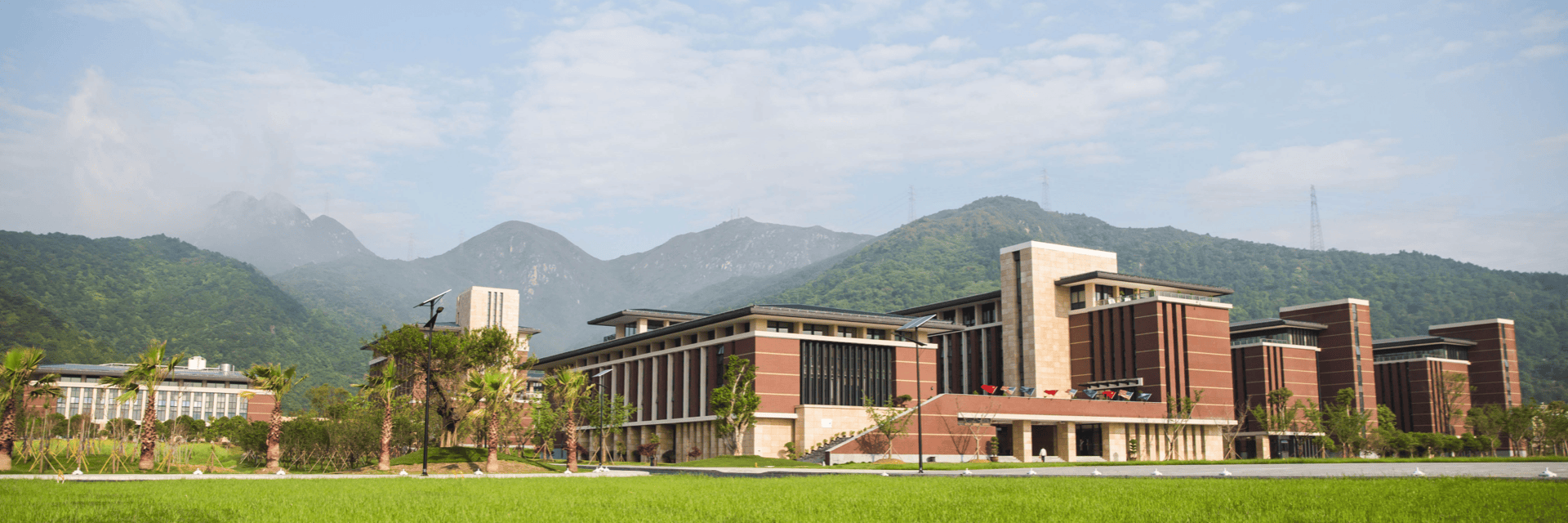
10
Years of work at WKU culminating in significant advancements in sustainability.
45%
Reduction in overall campus emissions since our 2014 baseline year, significantly reducing our environmental footprint.
$200
In millions, WKU projects combine energy saving, deferred maintenance, and sustainability.
Stay Connected
Subscribe to our newsletter or join us on social to be part of the community!
